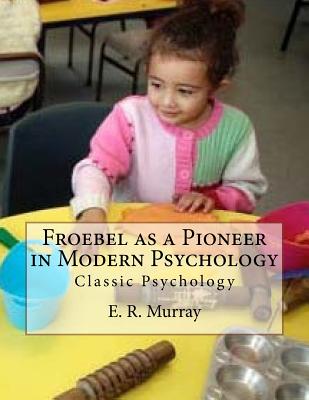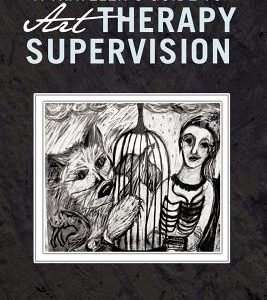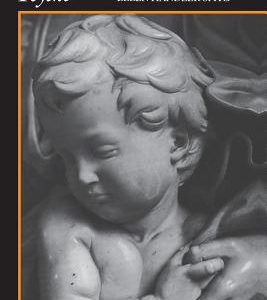Froebel as a Pioneer in Modern Psychology: Classic Psychology
$8.09
Description
Friedrich Wilhelm August Fröbel or Froebel (21 April 1782 – 21 June 1852) was a German pedagogue, a student of Pestalozzi who laid the foundation for modern education based on the recognition that children have unique needs and capabilities. He created the concept of the “kindergarten” and also coined the word now used in German and English. He also developed the educational toys known as Froebel Gifts. Fröbel’s idea of the kindergarten found appeal, but its spread in Germany was thwarted by the Prussian government, whose education ministry banned it on 7 August 1851 as “atheistic and demagogic” for its alleged “destructive tendencies in the areas of religion and politics.” Other states followed suit. The reason for the ban, however, seems to have been a confusion of names. Fröbel’s nephew Karl Fröbel had written and published Weibliche Hochschulen und Kindergärten (Female Colleges and Kindergartens), which apparently met with some disapproval. To quote Karl August Varnhagen von Ense, “The stupid minister (Karl Otto) von Raumer has decreed a ban on kindergartens, basing himself on a book by Karl Fröbel. He is confusing Friedrich and Karl Fröbel.” Fröbel’s student Margarethe Schurz founded the first kindergarten in the United States at Watertown, Wisconsin in 1856, and she also inspired Elizabeth Peabody, who went on to found the first English-speaking kindergarten in the United States – the language at Schurz’s kindergarten had been German, to serve an immigrant community – in Boston in 1860. This paved the way for the concept’s spread in the USA. The German émigré Adolph Douai had also founded a kindergarten in Boston in 1859, but was obliged to close it after only a year. By 1866, however, he was founding others in New York City. The pedagogue August Köhler was the initiator and cofounder in 1863 of the Deutscher Fröbelverein (German Fröbel Association), first for Thuringia, out of which grew the Allgemeiner Fröbelverein (General Fröbel Association) in 1872, and a year later the Deutscher Fröbelverband (German Fröbel Federation). August Köhler critically analyzed and evaluated Fröbel theory, adopted fundamental notions into his own kindergarten pedagogy and expanded on these, developing an independent “Köhler Kindergarten Pedagogy.” He first trained kindergarten teachers in Gotha in 1857. In the beginning, Köhler had thought to engage male educators exclusively, but far too few applied. Thekla Naveau founded in October 1853 the first kindergarten in Sondershausen and on 1 April 1867 the first kindergarten after the Prussian ban was lifted in Nordhausen. Angelika Hartmann founded in 1864 the first kindergarten after Fröbel’s model in Köthen, Anhalt. In 1908 and 1911, kindergarten teacher training was recognized in Germany through state regulatory la
Author: Murray, E R, Editor: Gahan, Des
Topic: Psychology
Media: Book
ISBN: 1544202490
Language: English
Pages: 102
Additional information
| Weight | 0.57 lbs |
|---|---|
| Dimensions | 11 × 8.5 × 0.21 in |















Reviews
There are no reviews yet.